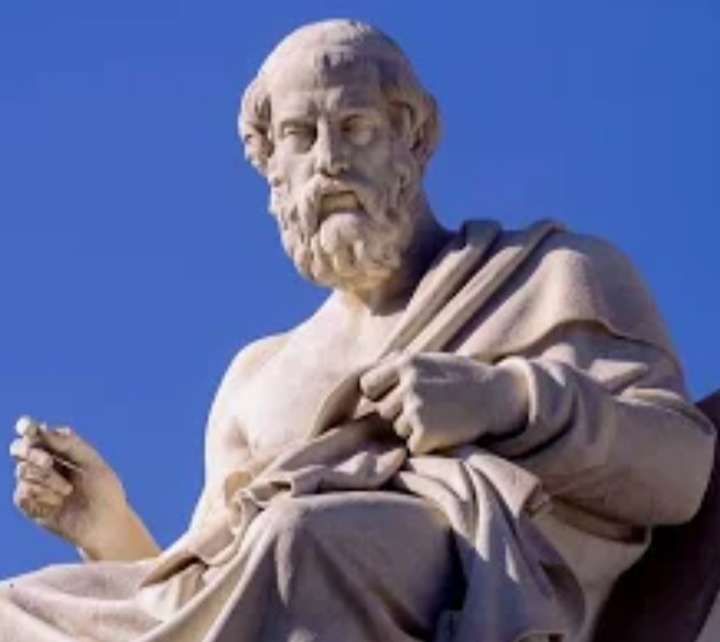This idea originated from the ancient Greek philosopher Plato’s book “The Republic.” Plato argued that an ideal ruler should possess both philosophical wisdom and political power.
According to Plato, a philosopher
- Seeks knowledge and wisdom: A true leader should strive for wisdom, understanding, and knowledge.
- Has a strong sense of justice: A philosopher-king should be guided by a strong sense of justice, fairness, and morality.
- Is guided by reason: A leader should make decisions based on reason, rather than emotions or personal interests.
- Prioritizes the common good: A philosopher-king should prioritize the well-being and happiness of the community, rather than personal gain.
In Indian philosophy, similar ideas can be found in the concept of “Rajarshi” (संस्कृत: राजर्षि), which refers to a king who possesses spiritual wisdom and rules with justice and compassion.
Throughout history, many leaders have embodied these qualities, inspiring their people and leaving a lasting legacy.
Plato, a Greek philosopher, indeed advocated for the concept of a “Philosopher-King” in his most famous work, “The Republic.”
In Book V of “The Republic,” Plato argues that the ideal ruler should be a philosopher-king, who possesses wisdom, justice, and the ability to make decisions for the betterment of society.
Plato’s ideas have had a profound impact on Western philosophy and continue to influence political thought and leadership ideals to this day.
Qualities of a Philosopher
- Wisdom: The ruler should possess wisdom, which Plato defines as the ability to understand the eternal and unchanging truths.
- Justice: The Philosopher-King should be guided by a strong sense of justice, ensuring fairness and equality for all citizens.
- Courage: The ruler should be brave and willing to make difficult decisions for the betterment of the state.
- Temperance: The Philosopher-King should be moderate and self-controlled, avoiding excesses and vices.
Role of the Philosopher
- Guardian of the State: The ruler should protect the state and its citizens from external threats and internal strife.
- Educator: The Philosopher-King should educate the citizens in the ways of justice, wisdom, and virtue.
- Lawgiver: The ruler should create laws that promote the common good and the well-being of all citizens.
Selection of the Philosopher-King
- Education and Training: The ruler should undergo rigorous education and training in philosophy, politics, and the arts.
- Merit-Based Selection: The Philosopher-King should be selected based on their wisdom, justice, and ability to rule, rather than wealth, birth, or power.
Plato’s vision for the head of a country is that of a wise, just, and virtuous leader who prioritizes the well-being of all citizens and promotes the common good.


